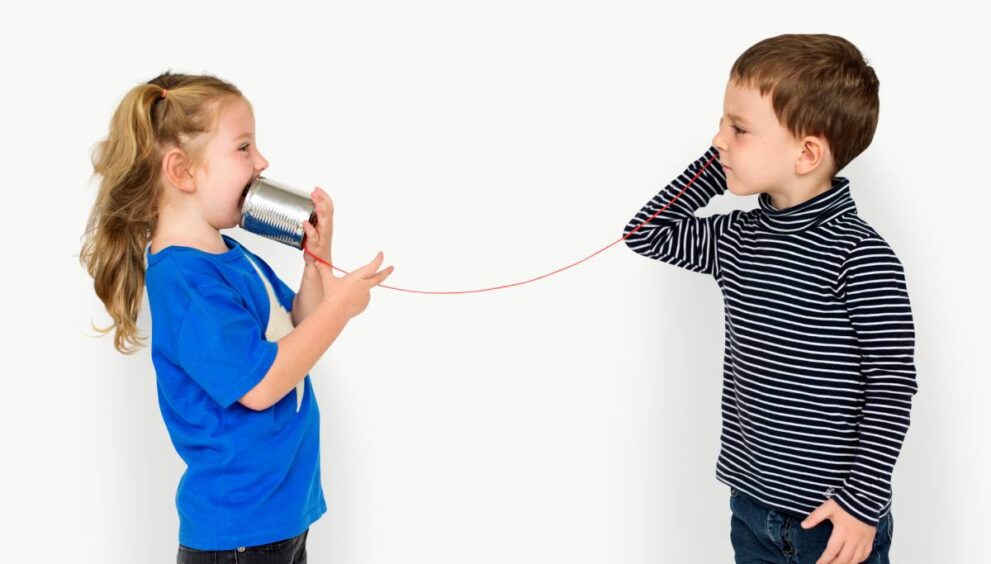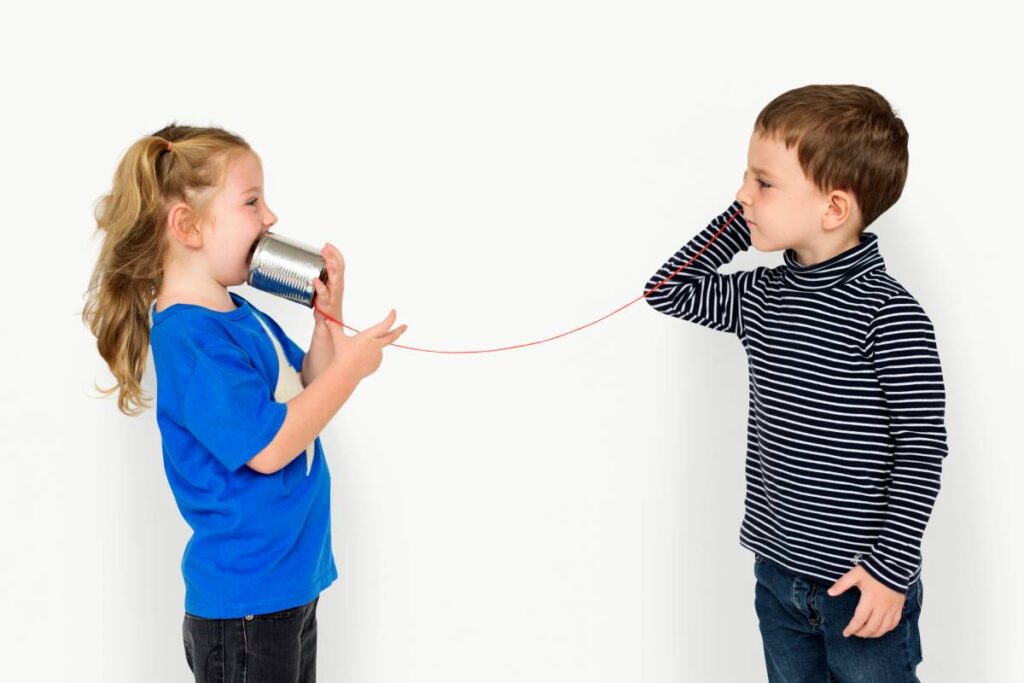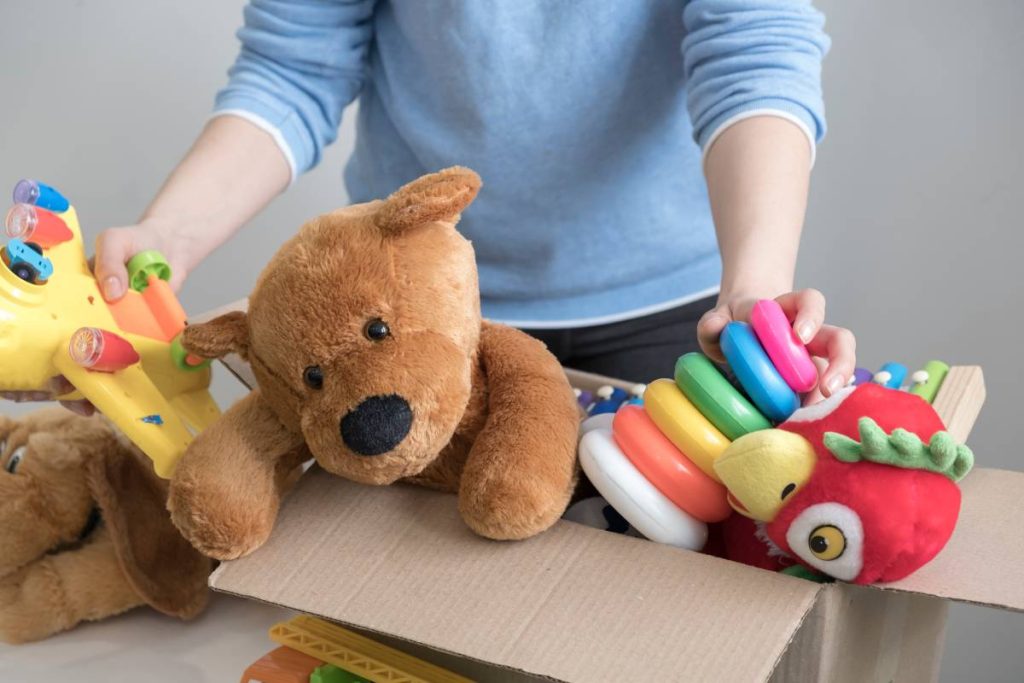How to Support Children with Communication Difficulties

Communication is one of the most important skills children develop as they grow. It helps them express their thoughts, share their feelings, and connect with others. However, many children face challenges when it comes to communicating effectively. These difficulties can affect their confidence, relationships, and overall development.
Understanding why children struggle to communicate, what causes communication gaps between parents and children, and how to support children with communication difficulties is essential. This article will explore these topics and offer practical advice to help parents, caregivers, and educators foster better communication with children.
Why Do Children Struggle to Communicate?
Children sometimes find it hard to communicate. This can happen for many reasons, including how they grow, their feelings, or their surroundings. Understanding these reasons can help parents and caregivers support children better.
Common Reasons Children Have Trouble Communicating
1. Developmental Delays and Disorders
Some children take longer to reach language milestones. They may struggle to speak clearly, understand words, or use language well. This can be because of:
- Speech and Language Disorders: Problems like trouble making sounds, understanding language, or using words correctly. For example, some children have difficulty with speech sounds or have trouble forming sentences.
- Autism Spectrum Disorder (ASD): Children with autism may find it hard to understand social cues, such as body language or tone of voice. They may also find it difficult to start or keep conversations.
- Hearing Loss: If a child cannot hear well, they might not learn to speak properly unless they get help early.
2. Emotional and Psychological Factors
How a child feels inside affects how they communicate. If a child feels scared, worried, or sad, they might not want to talk or share their feelings.
- Selective Mutism: Some children can speak but choose not to in certain places because they feel anxious or scared.
- Trauma or Neglect: Children who have faced bad experiences or were not cared for well may find it hard to trust others and talk about their feelings.
3. Environmental and Social Influences
The world around a child shapes their communication skills.
- Limited Interaction: Children who do not get to talk or listen much at home may find it hard to use language well.
- Bilingual Homes: While knowing two languages is great, some children might get confused or slow at speaking as they try to learn both.
- Too Much Screen Time: Spending lots of time on phones, tablets, or TV can mean less time talking with parents and friends.
4. Neurological Conditions
Some children have medical conditions like cerebral palsy or intellectual disabilities. These can affect how they control their mouth muscles or understand language.
What Causes Lack of Communication Between Parents and Children?
Good communication between parents and children helps families grow strong. But many families face problems talking to each other. Here are common reasons why:
1. Busy Lives and Less Quality Time
Parents today are often very busy with work, chores, and other tasks. This means less time for real talks with their children.
2. Differences Between Generations and Cultures
Parents and children might have different ways of thinking or talking, causing confusion or arguments.
- Some parents want respect and obedience, leading to one-way talks where children feel they cannot share their thoughts.
- In families from different cultures, ideas about how to talk or express feelings might clash.
3. Parents Feeling Stressed or Emotionally Distant
When parents feel stressed or upset, they may not listen well or give attention to their children’s feelings.
4. Parents Not Knowing How to Communicate Well
Not all parents have learned good ways to talk and listen. Sometimes they may interrupt, criticize, or ignore their children, making kids less willing to speak.
5. Children Fear Judgment or Punishment
Kids may stay quiet because they worry about being scolded or punished if they say something wrong or upsetting.
6. Too Much Technology Use
Families that spend a lot of time on phones or screens may miss chances for face-to-face conversations, weakening family bonds.
How to Communicate with Children Who Have Communication Difficulties
Helping children who find talking hard needs patience and care. Here are some ways parents and caregivers can support better communication:
1. Make a Safe and Loving Space
Children open up when they feel safe and accepted. Show them you care by:
- Listening without interrupting.
- Understanding and accepting their feelings.
- Avoiding harsh words or criticism.
- Encouraging and praising their efforts.
2. Use Simple and Clear Words
Speak in short, easy sentences. Avoid complicated words or talking too fast. Repeat if needed so the child understands.
3. Pay Attention to Non-Verbal Signals
Some children use gestures, facial expressions, or drawings to communicate. Notice these and encourage their use as a way to express ideas.
4. Practice Active Listening
Show you are really listening by:
- Looking at the child when they speak.
- Nodding or saying things like “I see” or “Tell me more.”
- Repeating or summarizing what they said to show you understand.
This builds the child’s confidence to share more.
5. Use Visual Tools and Technology
Pictures, charts, or communication apps can help children explain themselves better. For some kids, special devices that assist communication can be very helpful.
6. Read Together Often
Reading books helps children learn new words and practice listening and talking. Ask questions about the story to get them thinking and speaking.

7. Show Good Communication Habits
Children learn by watching adults. Use calm and respectful words when you talk, and show feelings clearly.
8. Set Special Times to Talk
Make routines for talking, like during meals or bedtime. This gives the child focused attention and builds the habit of sharing.
9. Get Professional Help When Needed
If a child keeps having trouble talking or understanding, it’s important to see speech therapists, doctors, or counselors early. Help from experts can make a big difference.
Tools for Helping Children Communicate
Parents and teachers can use many simple tools to help children who have trouble speaking or understanding:
- Picture Cards: Simple images that children can point to when they have difficulty finding words.
- Communication Boards: Boards with symbols, words, or pictures that allow children to express themselves by pointing.
- Speech Apps: Mobile apps designed to help children practice forming words, sentences, and improving their speech.
- Sign Language: An alternative form of communication that can be very helpful for non-verbal or minimally verbal children.
- Storytelling Games: Fun activities where children create and share stories, helping them practice language and expression.
Conclusion
Children’s struggles with communication come from many causes, like delays in language, feelings, or their environment. At the same time, communication problems between parents and children often happen because of busy lives, stress, or misunderstandings.
Parents can help by creating a safe space, speaking clearly, watching for non-verbal signs, and really listening. Reading together and modeling good communication also helps. When needed, professional support can give children the skills to communicate well.
By understanding these challenges and working patiently, families can grow stronger bonds. Children gain confidence and learn to express themselves, building a happy and healthy future.

 English
English 













































































